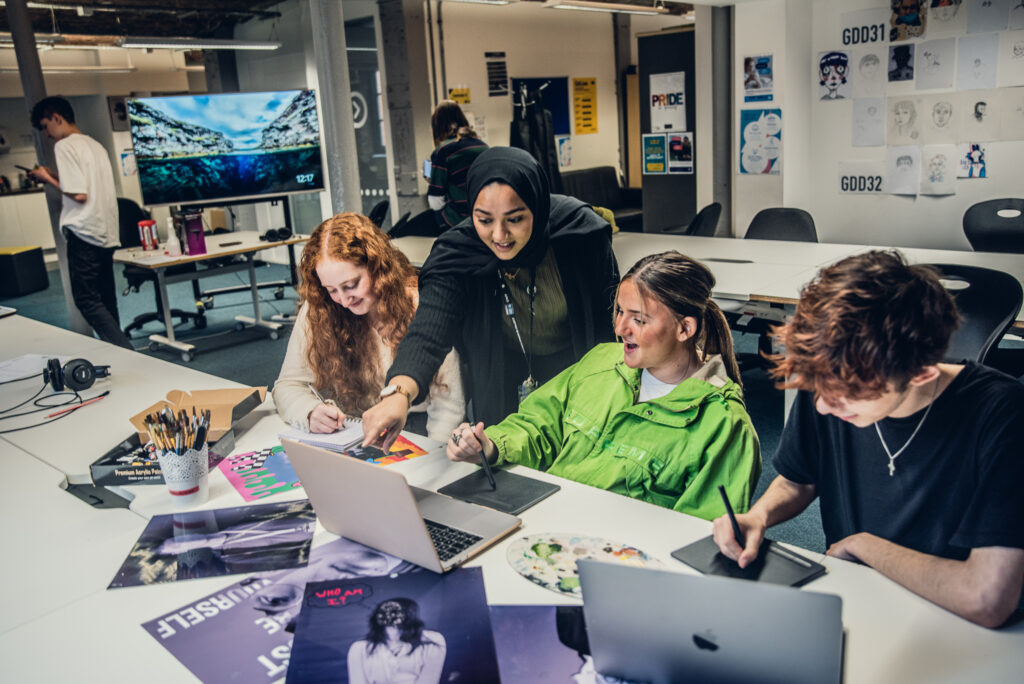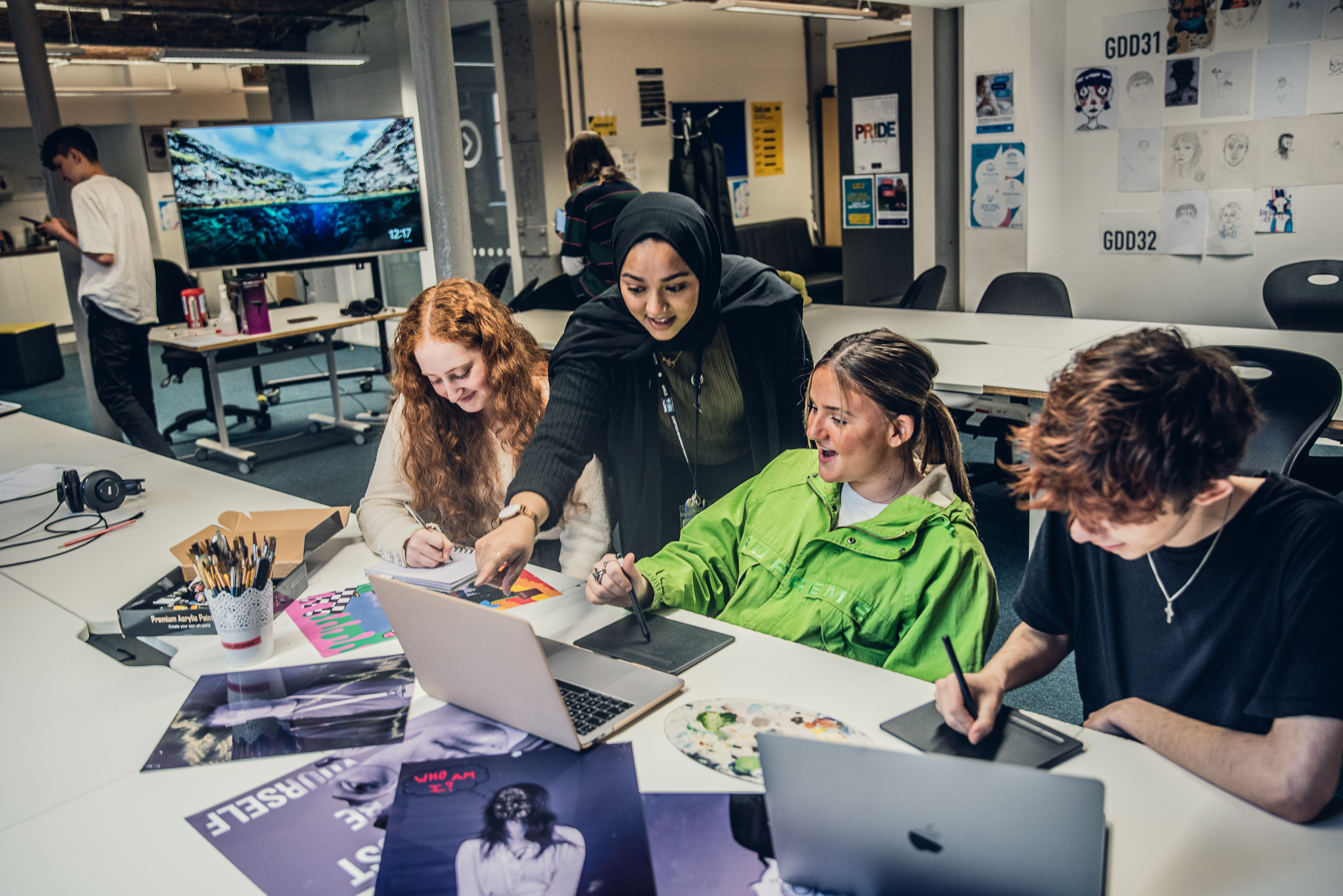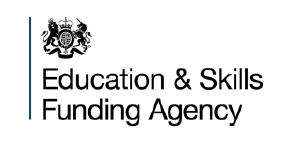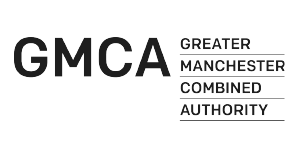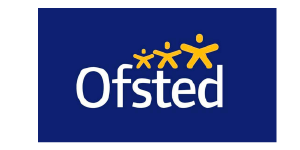If you’re a school leaver or an adult learner, a Level 2 qualification is the next stepping stone, but what exactly does ‘Level 2’ mean in the world of further education?
A Level 2 qualification represents a specific level of academic or vocational achievement recognised by an accrediting body in the United Kingdom. Broadly equivalent to GCSEs in academic terms, Level 2 now aligns with a broad range of vocational qualifications and apprenticeships.![]()
Who usually studies a Level 2 qualification?
Think of a Level 2 course similar to a GCSE level. These courses often appeal to recent school leavers, people seeking to improve their chances in the job market, or those changing careers.
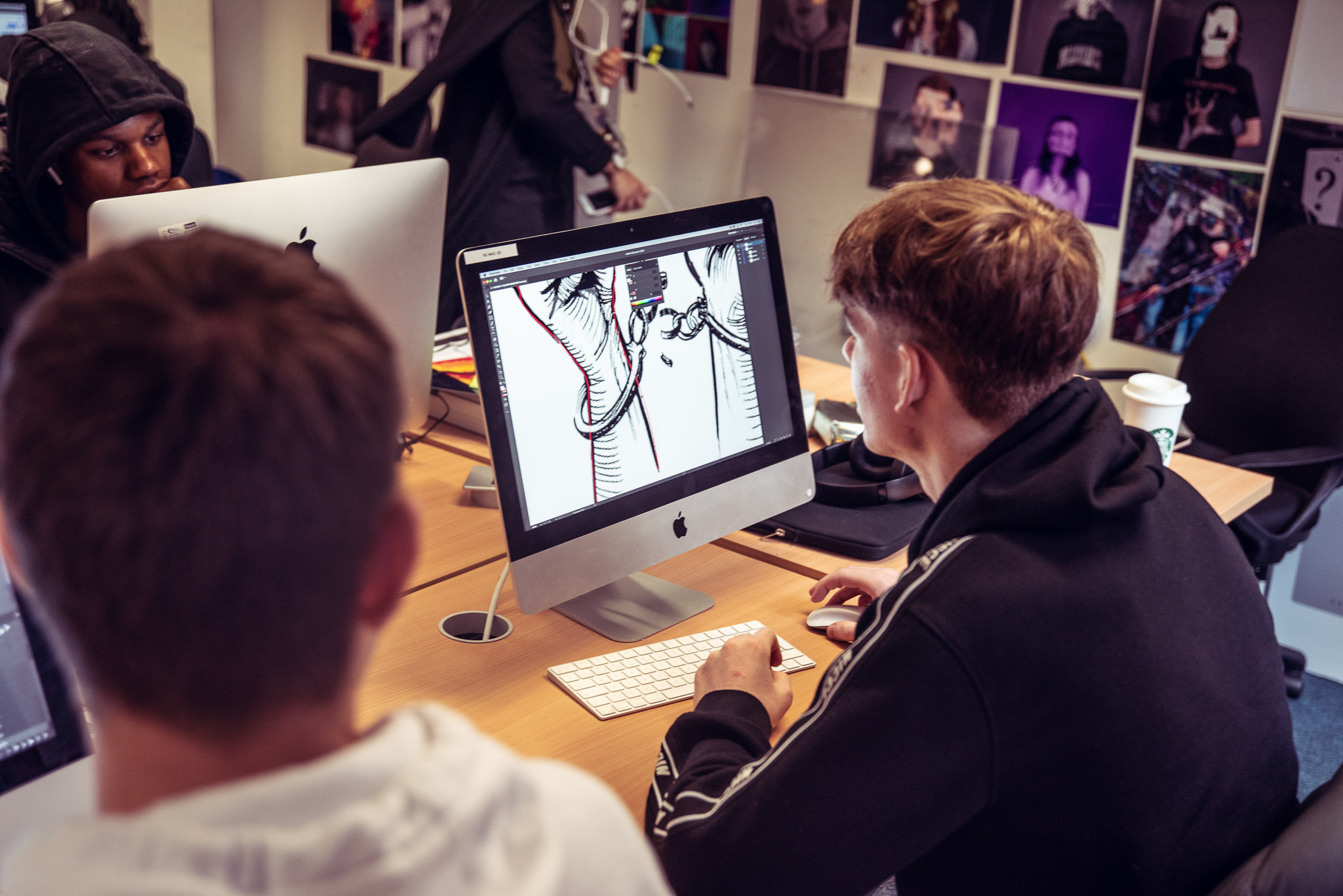
Types of Level 2 qualification
Qualification types can be confusing to those who are unfamiliar; the various titles and acronyms can sound unfamiliar and intimidating. The RSL, NVQ and BTEC qualifications are some of the most common examples of Level 2 qualifications.
RSL diploma
An RSL (Rockschool Limited) Level Diploma is a specialised qualification designed to provide students with the skills, knowledge, and understanding required to pursue a career in the creative industries, with a particular focus on music and performing arts. These qualifications are recognised and respected globally, with RSL qualifications being taken in over 40 countries worldwide.
Most of the courses available at ACC are awarded an RSL diploma.
NVQ Level 2 Qualification
The National Vocational Qualification (NVQ) brings a practical, work-based approach to learning. An NVQ Level 2 signifies a competent worker – perhaps a team leader or supervisor within their industry.
BTECs
The Business and Technology Education Council (BTEC) meanwhile offers a diverse educational experience. A BTEC Level 2 serves as an engine for progression, equipping learners with the confidence and skills for further study or entry-level job roles.
Level 2 compared to other qualifications
Understanding the landscape of educational qualifications in the UK can be complex. With GCSEs, A-levels, and Level 2 qualifications, each serves distinct purposes and caters to diverse academic and vocational needs.
GCSEs represent a foundational stage in the UK education system, typically taken by students aged 14-16. They provide a broad education across a range of subjects, from English and Maths to Science and Humanities.
A-levels are subject-specific qualifications typically pursued post-GCSE over two years, serving as a critical pathway to university education. As highlighted by the Ignite Training Institute, “A-levels demand a higher degree of critical thinking, analysis, and independent study skills compared to GCSEs”.
Level 2 qualifications encompass a variety of certificates, diplomas, and awards, including vocational and technical education pathways. These qualifications are equivalent to GCSEs but are often more specialised or career-oriented. ![]()
Key Differences between GCSEs/A Levels vs Level 2 Qualifications

- Academic vs. Vocational Focus: While GCSEs and A-levels primarily serve an academic purpose, Level 2 qualifications often lean towards vocational training and career readiness.
- Assessment Methods: A-levels and GCSEs tend to rely heavily on final exams, whereas Level 2 qualifications may include a broader range of assessment methods, catering to practical skills and competencies.
- Flexibility: Level 2 qualifications offer more specialised paths tailored to specific careers or industries, providing flexibility for students with clear vocational interests.
Where can you go with a Level 2 qualification?
Completing a Level 2 course means more than a certificate to hang on the wall. It can provide a path for roles across areas such as computing, performance, design esports and more. Here at Access Creative College, we offer a range of Level 2 qualifications, which open the door to numerous career paths. Here are just a few:
Music Performance and Vocal Artist – These programs are tailored towards nurturing talent, offering students the chance to refine their skills in performance and vocal abilities. Upon completion, students can pursue careers as professional musicians, and vocal artists, or even delve into music production and event management.
Music Performance and Technology – Our Level 2 Music Performance and Technology course is designed as a foundational step for individuals aiming to embark on a career in the music industry. This course is structured to provide students with a broad understanding of both music performance and technology, serving as an ideal starting point for aspiring musicians and producers.
Games Development – Our Level 2 Games Development course is designed to provide a foundational understanding of the skills and techniques required for designing assets for computer games. This course serves as an ideal starting point for school leavers or individuals with a passion for gaming who are looking to enter the games development industry.
The benefits of studying Level 2 qualifications
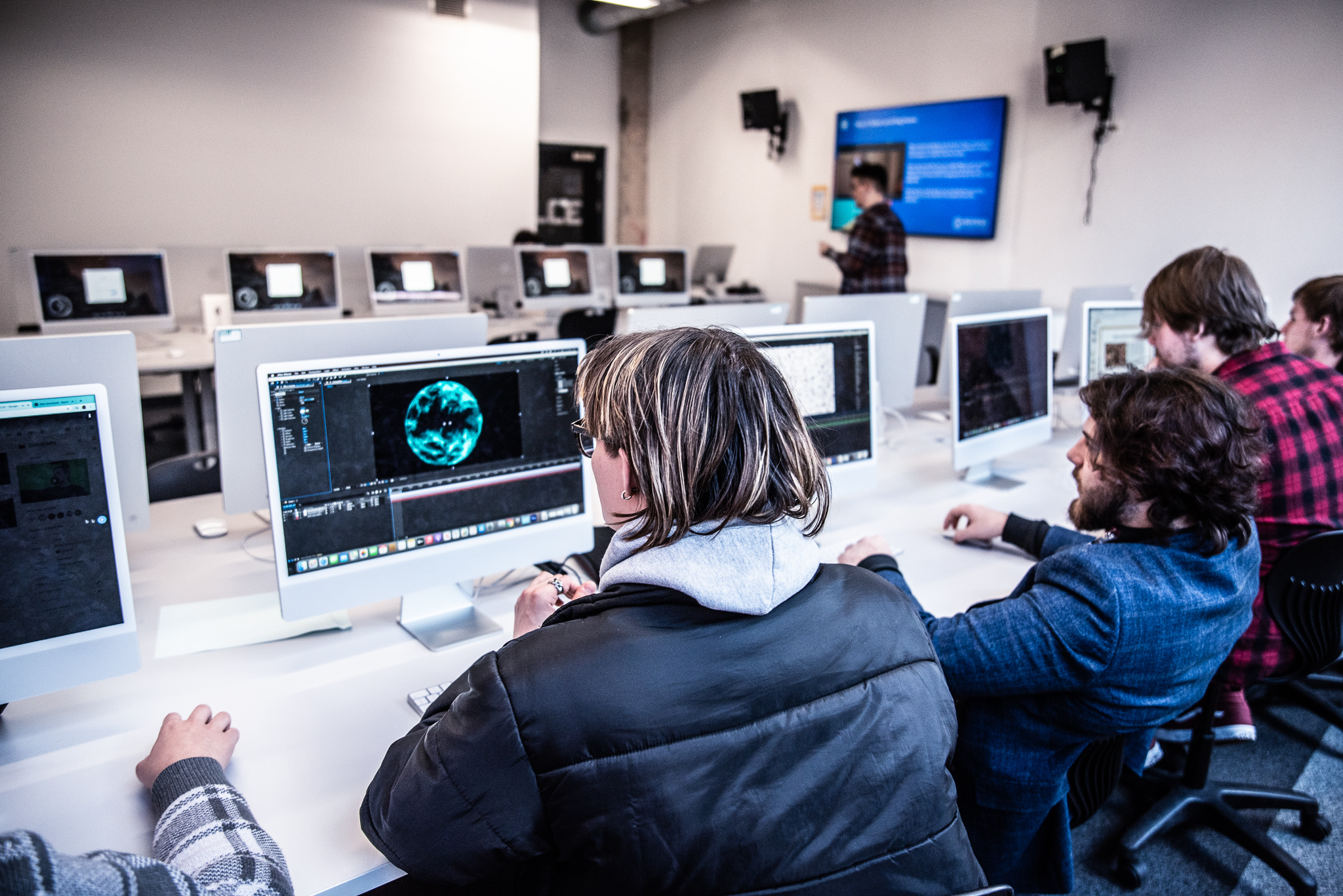
The importance of Level 2 qualifications cannot be overstated, check out the benefits below:
Bridging your skills gaps
In a world of rapidly-evolving workplaces, Level 2 qualifications remain adaptable, preparing learners to bridge current skills gaps or introduce them into a new field of study / work.
A vehicle for career progression
Many offer the key to a previously closed door; entry into higher education or career diversions.
Boost your soft skills
It’s not just about academic learning, Level 2 qualifications further develop important soft skills, including communication, teamwork, and time management.
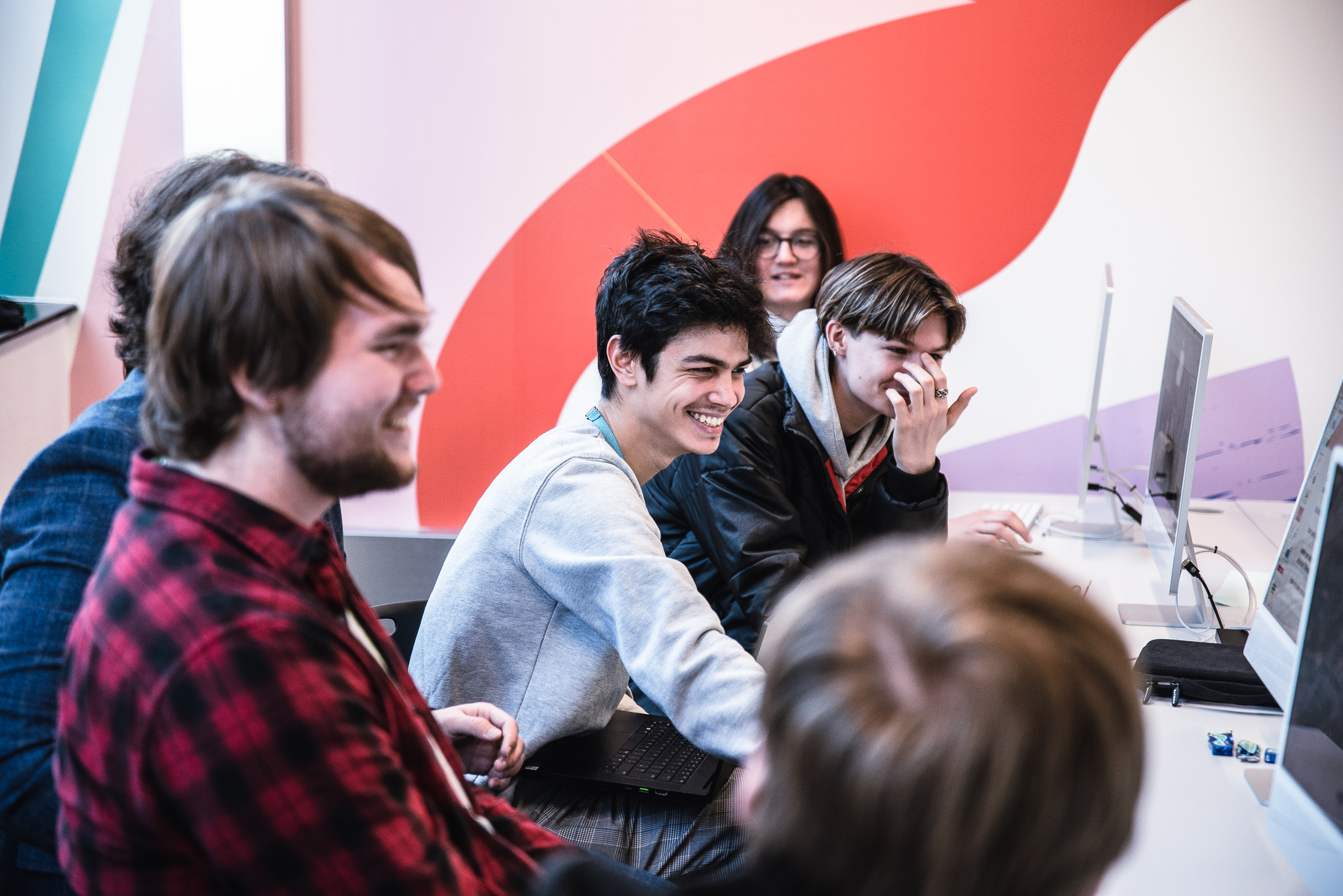
Your next move
Whether it’s enhancing technical skills, building a foundation for further education, or simply making you more employable, the value of this qualification is undeniable.
Level 2 represents the beginning rather than the end of your further education journey. It is the first step towards lifelong learning and personal growth. A symbol not only of a milestone accomplished but of the capabilities unlocked and the unlimited potential of the road ahead.


